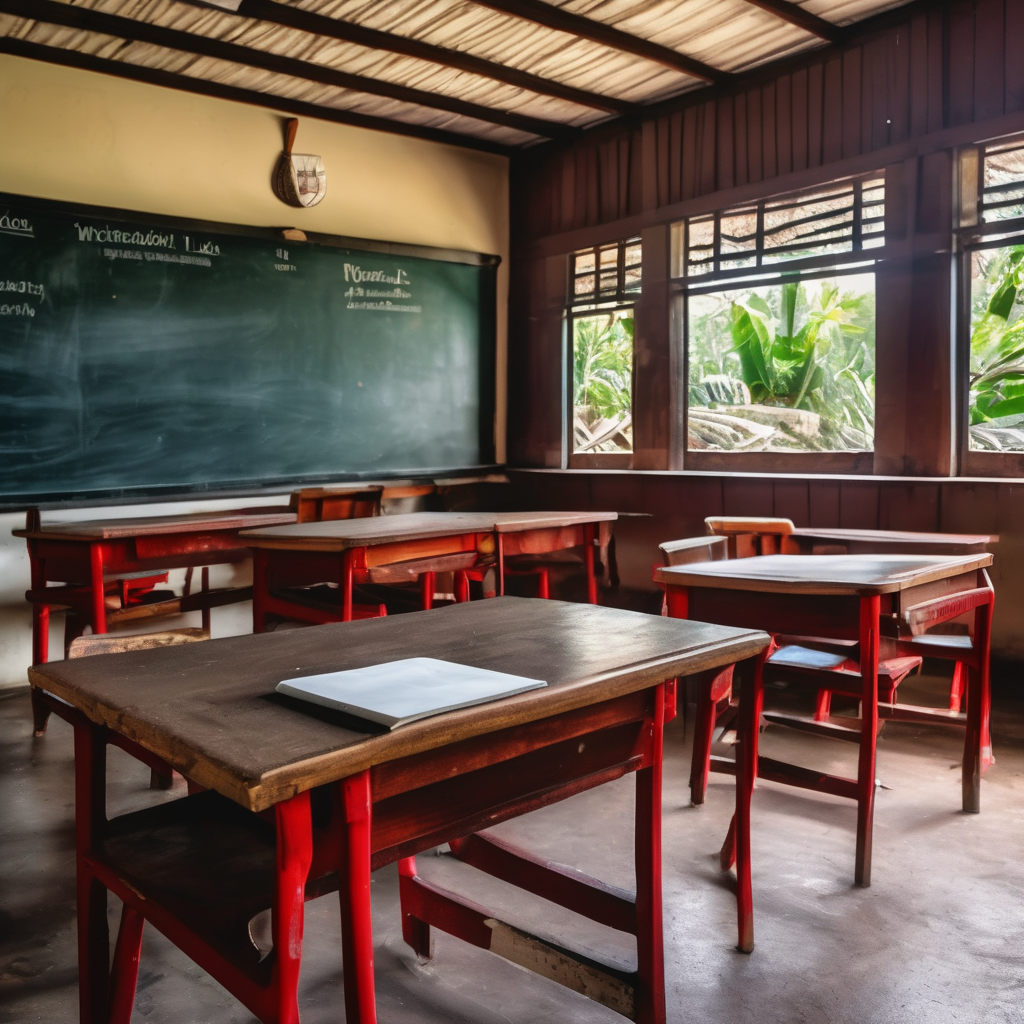Paula Manumanunitoga, the General Secretary of the Fijian Teachers Association, has voiced serious concerns about the ramifications of the ban on corporal punishment in schools. During a National Conversation on Corporal Punishment held in Suva, he articulated that educators are feeling increasingly powerless in their attempts to uphold discipline amidst rising behavioral issues among students. Incidents of verbal and physical aggression towards teachers are becoming more common, including instances of insults, objects being thrown, and even physical assault.
Manumanunitoga attributed the growing lack of discipline in schools to a perceived erosion of parental responsibility, warning that this trend is negatively impacting academic performance and leading to heightened student misbehavior. He expressed disappointment at the decline of Fiji’s educational standing, lamenting, “Fiji once led the Pacific in literacy and numeracy, but where are we now? Parents are not playing their part, children are being neglected, and teachers are left to handle the consequences.”
While he acknowledged the importance of counseling and positive disciplinary approaches, Manumanunitoga stressed the need for stronger deterrents. He cautioned that without appropriate measures, Fiji risks facing significant social challenges in the future. He called for a collective effort involving parents and communities to identify effective solutions that would support both children and educators, securing a brighter educational future for the nation.
The conversation around corporal punishment in Fiji is not isolated, as similar views have been expressed by Fijian Teachers Association President Netani Druavesi, who has pushed for the reintroduction of corporal punishment due to rising behavioral concerns. In opposition, child rights advocates and community leaders, including Nilesh Lal of Dialogue Fiji, have countered that corporal punishment equates to child abuse and contributes to further societal violence.
Amid these discussions lies a troubling reality: five out of six children in Fiji reportedly face some form of abuse or neglect. However, in the face of these challenges, there is hope that ongoing dialogues may provide a pathway to more compassionate disciplinary methods, focusing on the emotional well-being of students while safeguarding teachers’ mental health. Emphasizing non-violent discipline strategies could foster a healthier, more nurturing educational environment in Fiji, ultimately benefitting children’s academic and emotional development.
